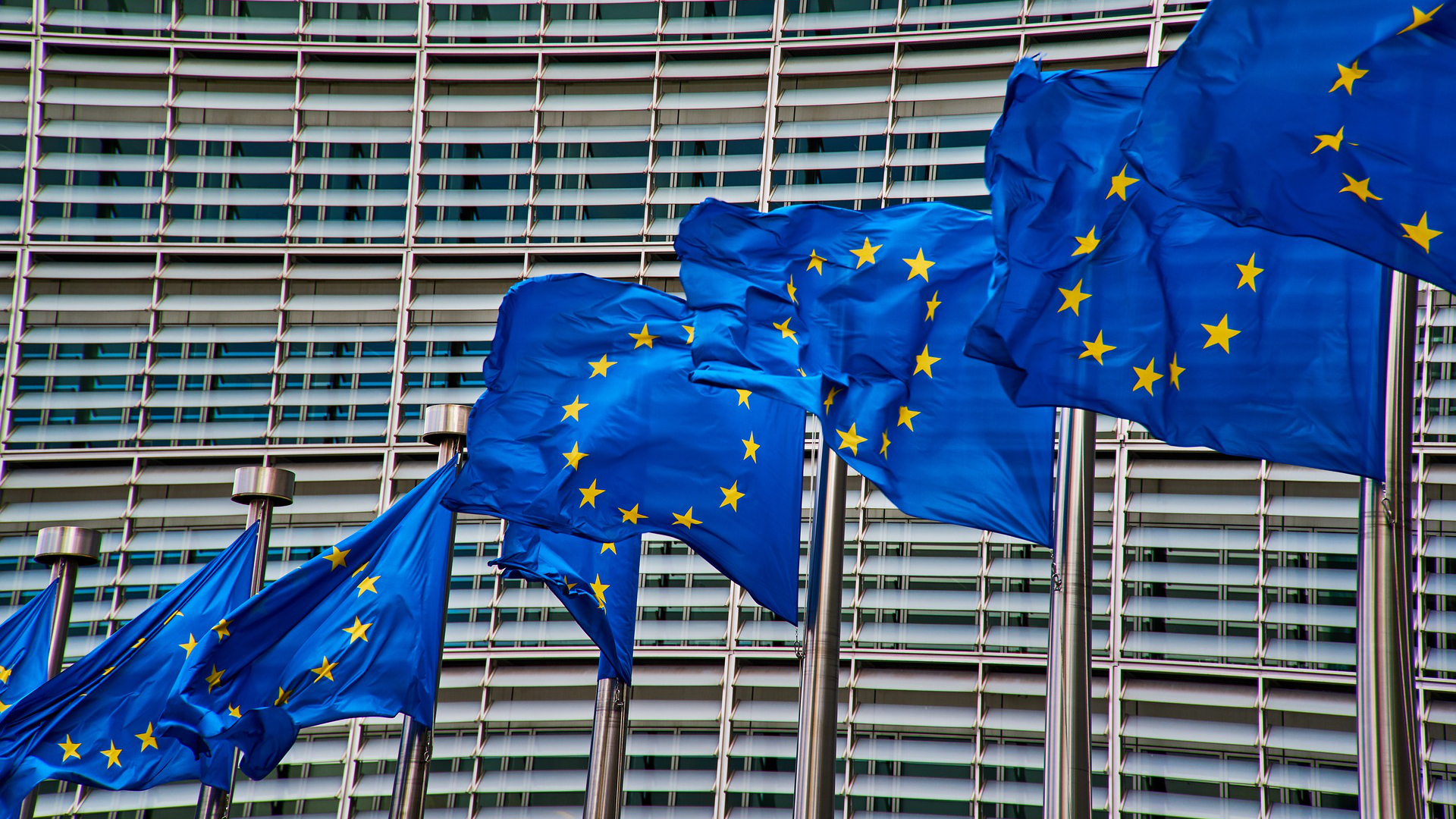UK 'should include' free roaming in EU trade deal
Which? says roaming provisions would protect consumers

Consumer watchdog Which? has urged the government to negotiate provisions for inclusive roaming in any future relationship with the EU and in any other trade agreements it strikes post-Brexit.
All roaming fees were abolished across the EU in June 2017 following several years of price cuts, as per European law, and these regulations will remain in place until the expiration of the UK’s transition agreement with the EU at the end of this year.
Should the two parties not strike a deal, or if roaming is not included in any agreement, then European and UK operators would be under no obligation to offer tariff-free use when subscribers use their phone abroad.
- Where can you use your phone abroad, and how much will it cost?
- EU tells UK to expect return of roaming charges
- What is 5G? Everything you need to know
EU roaming
In theory, this means operators will no longer be required to offer roaming services at a regulated rate and this could be passed onto customers. There is nothing to stop operators agreeing wholesale agreements with counterparts in other countries, however.
Most UK operators have said there will be no immediate changes to their roaming propositions regardless of the outcome of Brexit negotiations, but Which? says there should be a formal arrangement in place.
The organisation is concerned that there is no mechanism to prevent operators from changing their position, imposing additional inconvenience and costs onto customers. It notes that roaming charges in non-EU countries can be significant if there is no bundle or add-on in place.
The main protection against bill chock is a £45 cap, after which customers have to ‘opt-in’ to incur further charges – potentially exposing themselves to huge costs. This is especially true if consumers forget to turn roaming off before they depart.
Are you a pro? Subscribe to our newsletter
Sign up to the TechRadar Pro newsletter to get all the top news, opinion, features and guidance your business needs to succeed!
Exacerbating the situation is the fact that the public has only just got used to the idea that they could use their phone abroad without racking up a huge bill. Years of cautious behaviour has been eroded and some consumers might be unaware of the changes.
Which? argues that including provisions for roaming in a trade deal would demonstrate the government’s commitment to consumer protection and would also increase the effectiveness of any arrangement with the EU, USA or anyone else.
“British holidaymakers can face exorbitant charges and see their phone blocked when roaming with some network providers in countries outside of the EU, with simple functions such as uploading a photo potentially costing £30 and streaming a song nearly £20,” said Sue Davies, Which? Head of Consumer Protection.
“As trade talks intensify with priority countries, it is important that the government protects and ideally enhances consumer rights. Which? is calling for provisions to be included in these negotiations to put an end to some mobile operators charging excessively high fees when customers are abroad.”
- Here are the best mobile phone deals
Steve McCaskill is TechRadar Pro's resident mobile industry expert, covering all aspects of the UK and global news, from operators to service providers and everything in between. He is a former editor of Silicon UK and journalist with over a decade's experience in the technology industry, writing about technology, in particular, telecoms, mobile and sports tech, sports, video games and media.